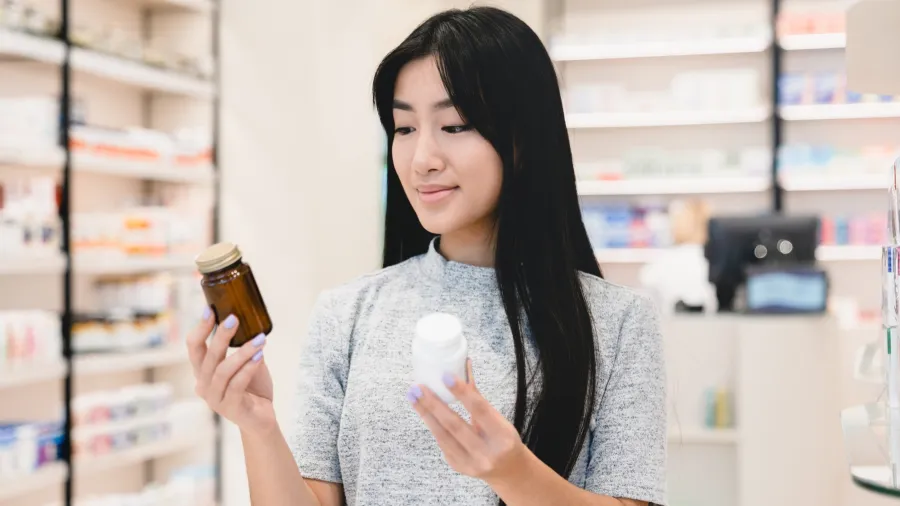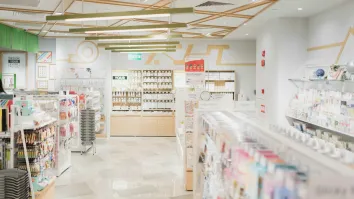
Consumer health industry shifts focus toward sustainability and transparency
Modern consumers are seeking versatile products with minimal environmental impact.
Consumer demand for health, performance, and transparency is driving major shifts in the consumer health industry, according to Euromonitor International.
The report said sustainable products in the consumer health sector have achieved an 8% value sales CAGR from 2020 to 2023, outpacing their non-sustainable counterparts.
Consumer curiosity about product ingredients and production methods is driving the sustainability push across sectors such as beauty and personal care, packaged food, and consumer health. This trend is particularly evident in the vitamins, dietary supplements, and sports nutrition markets.
These categories are not only leading in digital shelf presence but are also seeing promising potential in over-the-counter (OTC) products. Sports nutrition, in particular, has been the fastest-growing category, with double-digit CAGR sales growth from 2020 to 2023.
Modern consumers are seeking versatile products with minimal environmental impact that address both lifestyle and health needs, prompting innovation across product categories. For instance, Nestlé’s Garden of Life has responded by expanding its sports nutrition line to include products for skin health, digestive health, and weight management, whilst maintaining no-GMO and USDA organic certifications.
However, packaging remains a significant challenge. Currently, sustainable packaging constitutes only 1% of the global market.
Key sustainability claims driving product line expansions include “Natural” in OTC, “Vegetarian” and “Vegan” in sports nutrition, “No-GMO” in vitamins and dietary supplements, and “Vegan” in weight management and wellness.
Brands are focusing on transparency and sustainable sourcing, which are amongst the top five fastest-growing claims, aiding in differentiation and managing complex global supply chains.
Examples of industry leaders embracing sustainability include Sanofi, which has achieved B Corp certification at four facilities and reduced greenhouse gas emissions by 77% at its US plant since 2019 whilst using renewable energy.
Indie brands are also making strides, such as Ancient Nutrition, which introduced organic Multi Collagen Advanced supplements in biodegradable packaging in 2024.
Moreover, cross-industry innovation is also emerging, as seen with Beauty Kitchen’s launch of a vegan, sustainably-sourced anti-aging range of gummies and serums in 2024. These products, supported by B Corp, vegan, and cruelty-free certifications, come in sustainable aluminum packaging, aligning with current wellness trends.

















 Advertise
Advertise







